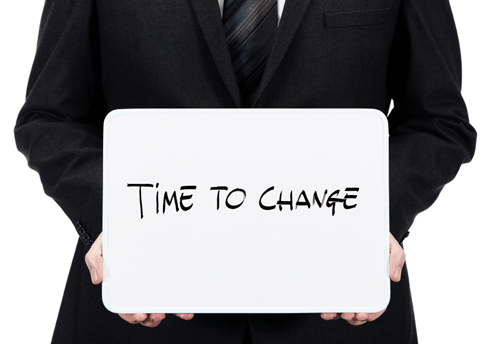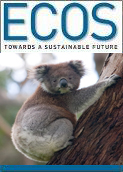
|
Published: 22 April 2013
State of the World 2013: ‘we need to reboot our thinking’
The latest State of the World (2013) report – which features contributions from experts at the Worldwatch Institute and other disciplines – sets out to answer the question, is sustainability still possible?

|
|
One expert says ‘it is essential that we take stock, soberly and in scientifically measureable ways, of where we are headed’. Credit:
Cristian Baitg istock
|
According to Worldwatch, the word ‘sustainable’ has become part of a meaningless ‘sustainababble’, with most so-called sustainable products and services just marginally different from conventional alternatives. Although the science of sustainability is clearer than ever, it continues, the rich spectrum of political, cultural, and technological changes that would set us on the path to a truly sustainable future have largely been ignored.
The 2013 report sets out to define clear sustainability metrics and examine policies and perspectives – such as geoengineering, cultural engineering, corporate transformation, and energy solutions – that could put the world on a path to prosperity without diminishing the well-being of future generations.
The authors also explore how governments and communities might cope with the likely consequences of failing to make those necessary changes before reaching planetary tipping points.
The report recommends that sustainability needs to be defined and quantified as a metric so that progress can be measured.
‘Simply “doing better” environmentally will not stop the unravelling of ecological relationships that we depend on for food and health,’ says Worldwatch President Robert Engelman.
‘Vastly larger changes are needed than we have seen so far. It is essential that we take stock, soberly and in scientifically measureable ways, of where we are headed.’
Development and economic growth have long been tied to increases in greenhouse gas emissions and natural resource use. The report discusses the urgency of sustainably reconciling economic and population growth in order to facilitate less, rather than more, harm to our planet.
‘Clearly, trouble is coming – but there are better responses to it than stockpiling canned goods and weaponry,’ says State of the World 2013 co-director Tom Prugh.
‘In view of humanity’s failures of foresight and political will to address the array of sustainability problems ahead, we asked some notable thinkers to ponder what we might do to make the best of it.’
Erik Assadourian, also a State of the World 2013 co-director adds: ‘Environmentalism, first and foremost, continues to be a game of defence – working to reduce overall carbon emissions, chemical releases, and forest loss – rather than a battle to transform the dominant growth-centric economic and cultural paradigm into an eco-centric one that respects planetary boundaries.
‘The environmental movement will require a dramatic reboot if it is going to reverse Earth’s rapid transformation and help create a truly sustainable future.’
Worldwatch is an independent research organisation based in Washington, USA, that works on energy, resource, and environmental issues. Its State of the World report is published annually in more than 15 languages.
Source: Worldwatch Institute



